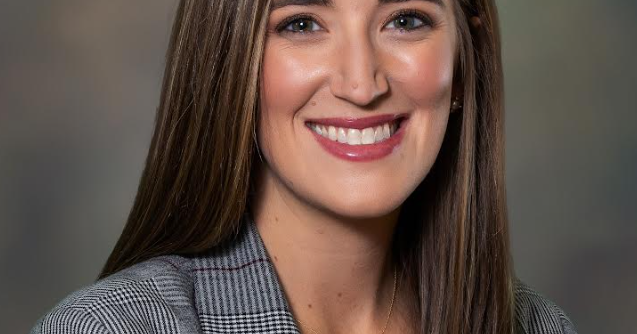Autumn has officially begun. Each season has always felt like an opportunity for me to start anew or renew some part of my life. Recently, my colleagues and I visited our alma mater, Texas A&M University, to share our experiences with a group of first-generation college students who were also starting a new chapter in their lives as college freshmen. As a first-generation college student myself, I immediately remember the feeling I had when I first stepped foot on campus and hope I made the right choice for my future. For those who are going through this life stage change, or who simply want to reevaluate their financial priorities, here’s a fall to-do list to get you started.
Start or review your monthly budget. Budgets get a bad rap for being overly complex and rigid, but they don’t have to be. At the end of the day, a budget is simply calculating money that’s coming in and money that’s going out. If your final number is positive (in the black), you are living within your means and likely have funds that you can consider investing towards your future goals. If the final number is negative (deficit), you should consider further where you may be able to reduce expenses. Do you have a subscription service that automatically drafts you every month even though you’re not using it? Are you spending money on eating out when you could save money by eating at home? The decision may not always be this simple. However, understanding your monthly expenses is critical to financial success.
Establish or replenish your emergency fund: An emergency fund, as the name suggests, is money saved for emergencies. Your and someone else’s definition of an emergency may look different (although I can assure you that vacations are not classified as an emergency). But you’ll be grateful you had these funds saved when an emergency occurs. According to a recent survey conducted by Empower, 37% of Americans don’t have savings to cover an unexpected expense of more than $400. Consider trying to save three to six months of your living expenses in an emergency fund.
Start building good credit by checking your credit report: Your credit report does more than show lenders your credit history. From everything that affects your life to your employment status, your credit is something you shouldn’t take lightly. Companies like Credit Karma allow you to view your credit report for free without any hard checks that can affect your credit score. If your score is lower than ideal, identify areas where you may need to improve. For younger people, time and payment history may not yet be on their side. Consider building your credit history by putting small bills you already pay (utility, cable, internet bills, etc.) on your credit card. If your score is affected by the amount of debt you have, consider making paying off your debt a priority instead of raising more money than you can realistically pay off each month.
None of these items are overly complicated or shortcuts to success, but they are essential for success for years to come. If you’re just starting out, or just looking to start fresh, know that it’s never too late to make an effort to improve your financial situation.
Sara Potts is a CFP® professional and lead advisor at Keller Wealth Advisors.

